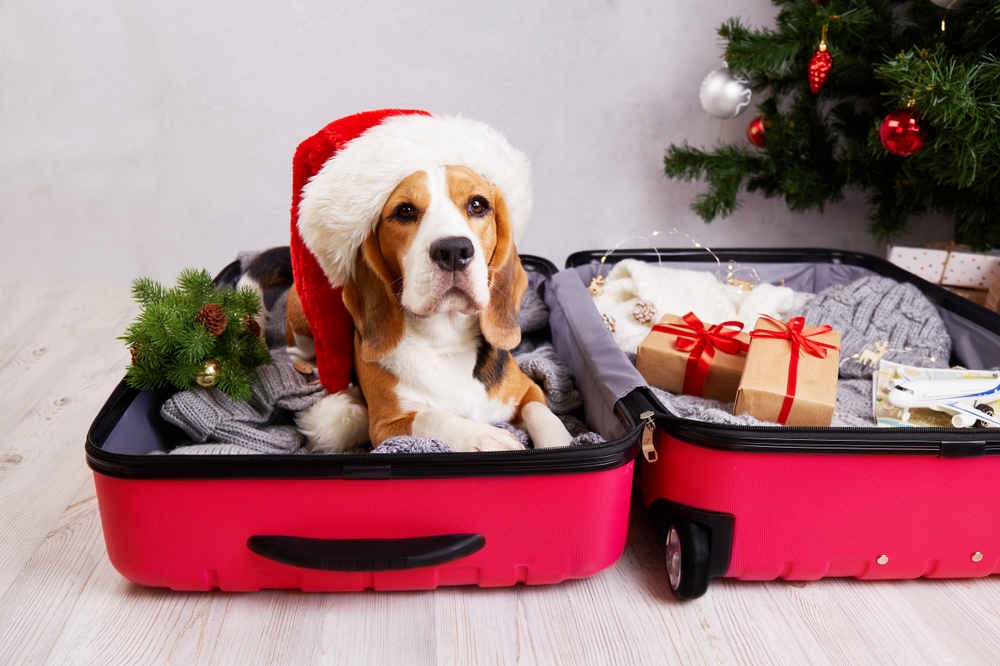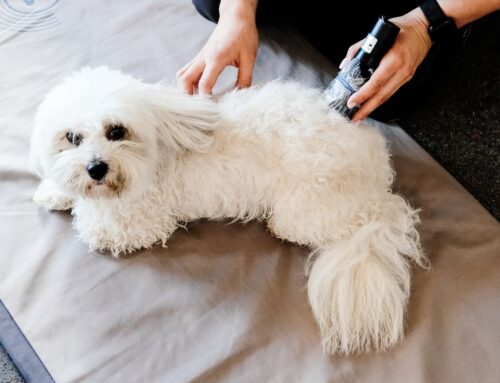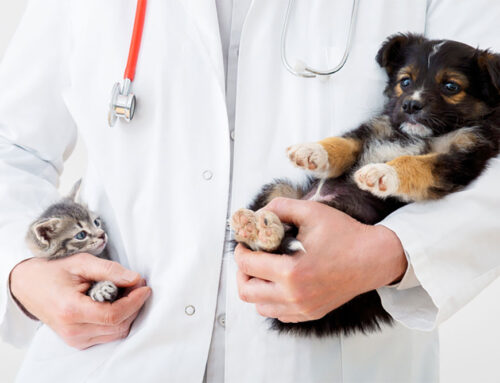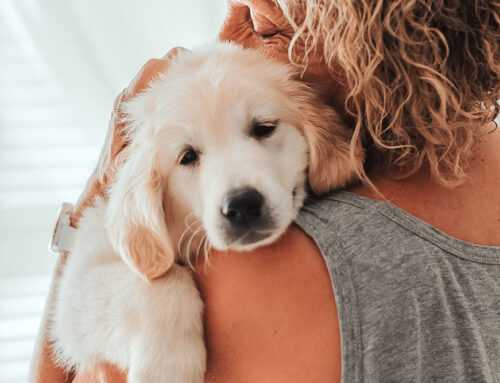Your pet’s health and wellness are important year-round, but you likely find yourself thinking about them less as your holiday to-do list expands. Taking a few moments to think about holiday dangers from your pet’s perspective can prevent an ill-timed trip to the emergency hospital, which is not what you want during this festive time. The Midtown Veterinary Hospital team shares their holiday danger experiences and ways to keep your four-legged friend safe.
Holiday pet food dangers
Holiday foods are often dangerous to pets, who are accustomed to eating the same things every day, and suddenly eating new foods may cause gastrointestinal (GI) upset and lead to several more serious concerns, including:
- Food toxicities — Toxic food ingredients, including chocolate, raisins, xylitol, garlic, and onions, can cause mild to severe or life-threatening illness. Do not feed your pet these foods and call the ASPCA Animal Poison Control Center or Pet Poison Helpline should they accidentally consume one.
- Garbage gut — Getting into the trash or eating table scraps may cause vomiting or diarrhea. Keep your pet’s diet consistent throughout the holidays, limit treats, and remove food-containing trash promptly.
- Pancreatitis — Fatty foods, including meat trimmings, butter, or gravy, can cause dangerous and painful pancreatic inflammation in dogs. Miniature schnauzers and pets with pre-existing metabolic conditions are at the highest risk but use caution around these foods for all pets.
- Foreign body obstruction — Cooked bones can lacerate or get stuck in your furry pal’s intestines. Stick to pet-safe chews, such as highly digestible rawhide alternatives.
Holiday pet decor dangers
Many holiday decor items can potentially harm pets, so be careful where and how you place them in your home. Here are some of the top decor issues and suggestions to make each more safe:
- Christmas trees — Trees can fall on pets, and pets may try to drink a live tree’s water, which is often laced with dangerous fertilizers. Secure trees to the walls or ceiling and fence off the area with a puppy pen to limit pet access.
- Tinsel, garland, or ribbon — Cats are attracted to these play items, but they can cause a dangerous GI obstruction. Avoid these decorations and wrapping items if you have a cat.
- Electrical cords — A new electrical cord running through the living room will tempt many pets, who could be shocked or burned or start a house fire if they chew the cord. Use cord protectors if your pet likes to sample new items in their space.
- Candles — A cat brushing against a candle or a dog pulling on a tablecloth can lead to a house fire and serious burns to pets and people in the home. Keep candles out of your pet’s reach and use flameless alternatives when possible.
- Plants — Holiday plants, including poinsettia, holly, and mistletoe, cause vomiting, diarrhea, and drooling in pets when ingested. Large holly amounts can be dangerous for dogs and any amount of lilies—no matter how small—can irreparably damage feline kidneys. For the safest tablescape this year, opt for silk plants.
Holiday pet gathering dangers
Sneaky or frightened pets can slip out the front door during holiday events and get lost in the night. Ensure your pet wears their updated identification tags at all times and consider permanently identifying them with a microchip. The chip stores your contact information, so authorities can reach out if your lost pet lands in a police station or animal shelter, but they work only when you keep the information on file with the manufacturer up to date.
If strangers or guests stress your pet, keep them in a safe and quiet space away from the hubbub. This not only allows them time to decompress but also prevents negative or fearful interactions with your family or friends.
Holiday pet travel dangers

Travel can be stressful for pets and their owners, whether your pet accompanies you or stays behind in a boarding facility or with a pet sitter. Whatever your travel plans, start preparing well in advance. If you are traveling with your pet, ensure their vaccinations are up to date and schedule a veterinary visit a few days before departure for a health certificate that is proof of your pet’s health status. Ask our team about reducing your pet’s stress or motion sickness, including medications, supplements, and calming aids (e.g., pheromones, species-specific music).
If you have never traveled with your pet before, you may need to purchase special safety equipment, including a crate, car seat, or seat belt for securing pets while driving, or an airline-approved soft-sided carrier for pets flying with you in the cabin. Traveling by air with large pets is not recommended, unless you are making a permanent move, because the plane’s cargo hold is a safety risk.
Don’t let your pet’s curious behaviors cause you or your furry pal additional holiday stress. Instead, use our holiday safety guide’s practical tips to prevent emergency visits and holiday harm. Contact the Midtown Veterinary Hospital team if your pet gets into trouble during the holidays or to schedule a pre-travel checkup and preventive services visit. For help after hours, please reach out to your nearest veterinary emergency center.





Leave A Comment